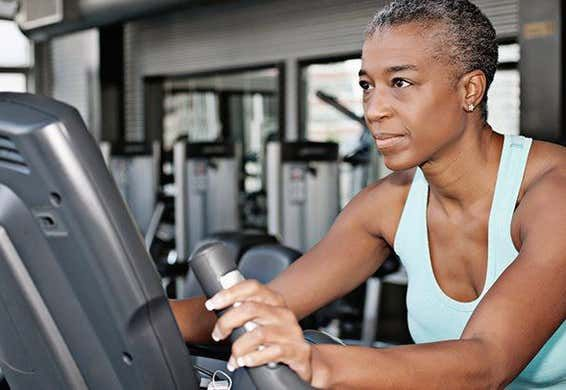Daily physical activity is the rhythm of a well-balanced life. From walking to work, climbing stairs, or stretching after waking up, movement powers everything we do. But when the body aches, that rhythm stumbles. Muscle pain, whether from overexertion, tension, or injury, changes how we move, how we feel, and how we interact with the world around us.
Disrupted Routines and Daily Frustrations
Even the smallest muscle discomfort can throw a wrench in our regular activities. Brushing your hair, lifting grocery bags, or standing for long hours might feel more challenging than usual. Over time, these small disruptions build into frustration. Simple tasks become reminders that your body isn’t operating at full strength. It’s not just about physical limitation—it’s about the mental toll of constant adjustment.
Reduced Mobility Due To Muscle Pain
Muscle pain refers to discomfort or soreness in the muscles caused by strain, tension, or medical conditions. When it flares up, even walking down the street or getting out of bed feels like a task. The body instinctively tries to protect itself by reducing movement. But the less we move, the stiffer and weaker muscles become. That cycle makes recovery slower and more frustrating. Many find themselves limiting activities they once loved, all because pain takes over their sense of control. Toward the end of the day, it’s the persistence of muscle pain that shapes choices and energy levels.
Altered Posture and Compensation Habits
Muscle pain doesn’t stay in one place—it often forces the body to overcompensate. If one leg hurts, we lean on the other. If the back aches, we hunch forward. Over time, these compensations turn into poor posture habits. And poor posture invites more discomfort. It’s a domino effect, where one pain causes another. These subtle shifts can alter how someone walks, stands, or even sleeps. The body’s natural balance gets thrown off, all in an effort to avoid pain.
Impact On Sleep and Energy Levels From Muscle Pain
Chronic muscle pain doesn’t fade with the sunset. In fact, it often gets worse at night. Tossing and turning in bed, trying to find a pain-free position, disrupts rest. The result? A poor night’s sleep and groggy mornings. When muscles don’t recover overnight, the fatigue follows into the next day. Physical activity feels ten times harder when the body hasn’t rested. Over time, the exhaustion compounds, reducing motivation to move altogether. In this way, muscle pain reaches far beyond the muscles—it steals sleep and energy, too.
Emotional Effects and Physical Confidence
Pain affects more than movement—it affects confidence. People who regularly deal with muscle pain often hesitate before doing something physical. Will this hurt? What if I make it worse? That hesitation leads to withdrawal. Social events, physical hobbies, or even spontaneous activities get skipped. Over time, it changes how a person sees themselves. The once-active individual becomes cautious, guarded, and unsure. It’s not just about strength anymore—it’s about identity.
Conclusion
Muscle pain might start in a single part of the body, but its impact spreads far beyond. It slows down routines, alters posture, disrupts rest, and chips away at confidence. From the moment we wake up to the time we lie down, physical activity drives our day—and muscle pain can quietly rewrite that story. By understanding its effects, we become more compassionate with ourselves and others, and more determined to seek healing, one step at a time.
